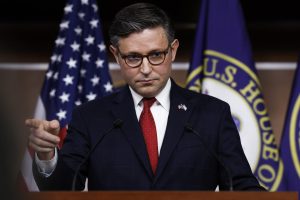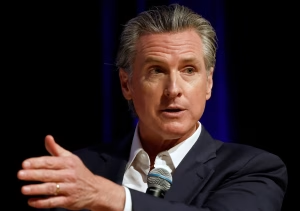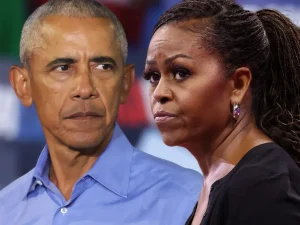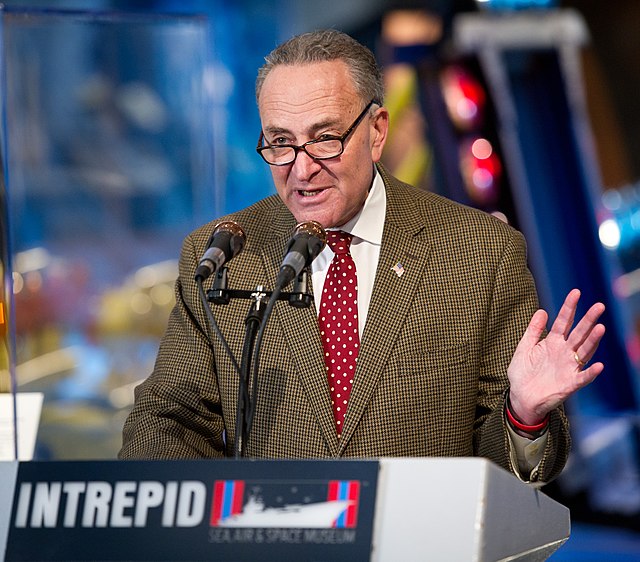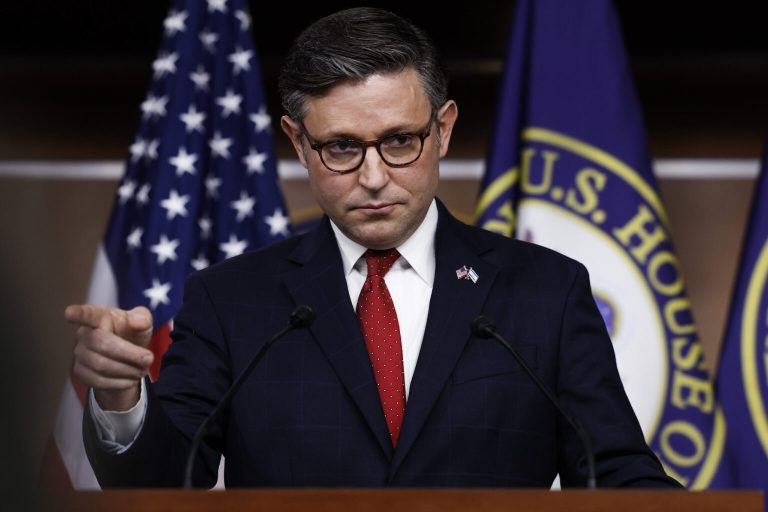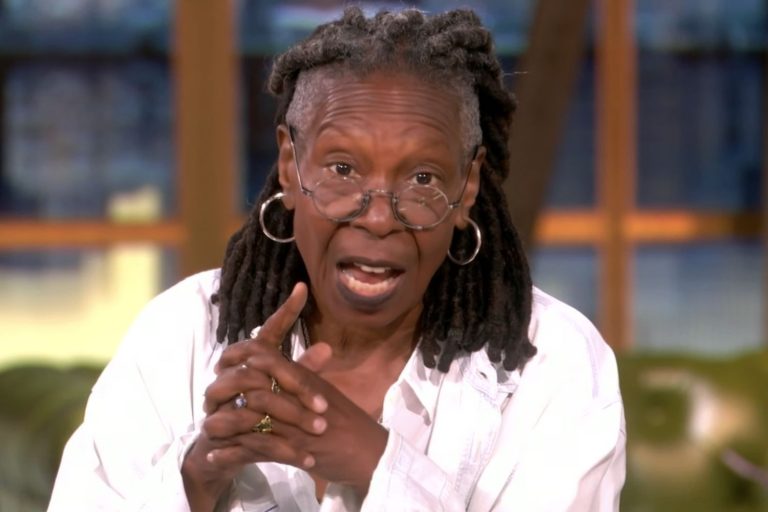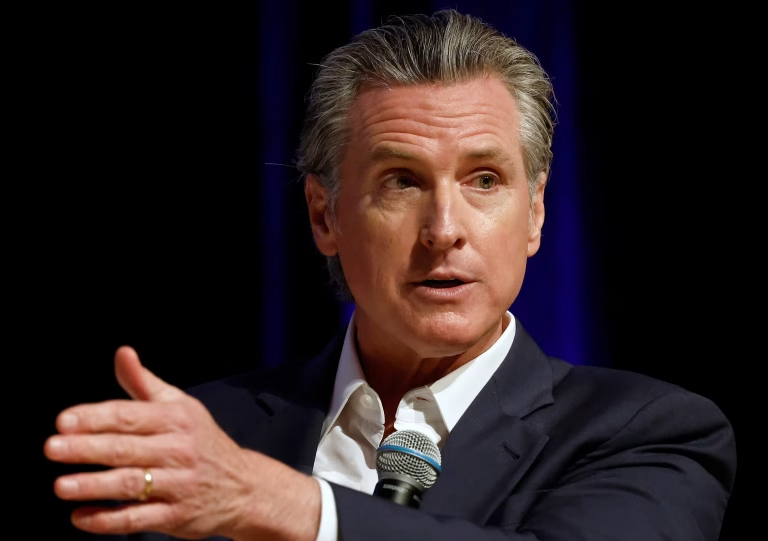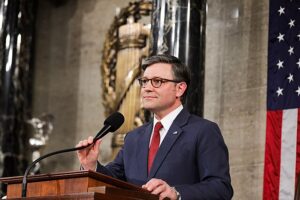In a moment that immediately became one of the most talked-about clips of the week, Senate Minority Leader Chuck Schumer (D-NY) found himself facing an unexpected challenge on live television — from an outlet not usually associated with tough questioning of Democratic leaders.
The exchange occurred Wednesday during an interview with CNN anchor John Berman, who pressed Schumer over his party’s role in the ongoing government shutdown. What followed was a brief but memorable interaction that has since gone viral and sparked debate about both media accountability and political messaging in Washington.
The On-Air Moment That Started It All
The CNN segment was meant to focus on the progress — or lack thereof — in negotiations to reopen the federal government. However, things took an unexpected turn when Berman invoked a phrase that has been gaining traction in Republican circles: the “Schumer Shutdown.”
“Every Republican who’s gone on TV the last 12 hours or so has called this the Schumer Shutdown,” Berman said, looking directly into the camera. “What do you say about that name?”
For a brief but telling moment, Schumer seemed taken aback. There was a noticeable pause, a quick glance off-camera, and then an awkward response: “I… I didn’t quite catch that — could you repeat the question?”
To many viewers, the moment felt like an attempt to deflect. Clips of the exchange quickly spread across social media, with users describing it as “the face of a politician caught off guard.”
Within hours, hashtags like #SchumerShutdown, #CaughtLive, and #SchumerFreeze were trending, as pundits and viewers dissected every second of the senator’s reaction.
Why It Hit Harder Than Expected
What made the exchange so remarkable wasn’t just Schumer’s apparent discomfort — it was where it happened. CNN has long been viewed by conservatives as more sympathetic to Democratic figures. For many, Berman’s decision to echo a Republican talking point represented a rare instance of bipartisan scrutiny.
Political analyst Lisa Booth noted, “When a major outlet like CNN repeats a Republican framing, it signals a real shift in the media narrative. That’s what made this moment so potent — it wasn’t a Fox News interview or a conservative podcast. It was CNN holding a Democratic leader to the same standard of accountability.”
The fact that Schumer appeared unprepared for the question only added to the perception that the Democratic leadership may have miscalculated both the politics and optics of the shutdown.
The Shutdown at the Center of the Storm
The ongoing shutdown began after Senate Democrats voted against a short-term funding resolution proposed by House Republicans. The bill would have kept the government open while negotiations continued on a longer-term deal — but Democrats opposed it, arguing that it failed to include sufficient funding for healthcare and social programs.
Republicans, however, claim Democrats engineered the shutdown to push through controversial provisions, including taxpayer-funded healthcare benefits for illegal immigrants — a charge that Democratic leaders deny.
“Democrats are playing politics with people’s paychecks,” said Sen. Tom Cotton (R-AR). “They’re shutting down the government to score ideological points.”
Schumer has countered that Republicans are trying to “bully” Democrats into accepting “cruel and unworkable policies.”
Yet as the shutdown continues, the political cost for both parties is rising — and moments like the CNN exchange may make it harder for Democrats to control the narrative.
https://www.youtube.com/watch?v=2YKhUr6R6qc
Public Reactions: Laughter, Shock, and Analysis
Reaction to the viral moment was swift and polarized. Conservative commentators hailed it as proof that Schumer was “on the defensive,” while progressives dismissed it as a manufactured controversy.
“Schumer clearly wasn’t ready for that kind of pushback,” one political analyst told The Hill. “You could see the discomfort instantly. The second Berman used the term ‘Schumer Shutdown,’ it was like a switch flipped.”
Even some neutral observers were struck by how quickly the tone of the interview shifted. A CNN producer later described the atmosphere in the studio as “tense but electric.”
“It’s not often you see someone like Chuck Schumer look genuinely startled,” the producer said. “He’s usually very composed on camera. But that phrase caught him completely off guard.”
Memes, GIFs, and edited clips soon flooded social platforms, with users humorously captioning Schumer’s reaction as “When you realize live TV has no do-overs.”
CNN’s Calculated Neutrality
Inside media circles, Berman’s question has become a topic of debate. Some praised CNN for showing balance during a politically charged crisis, while others accused the network of “platforming a partisan narrative.”
Media ethics expert Dr. Robert Denton explained, “There’s a fine line between fair questioning and amplifying political rhetoric. But in this case, Berman’s approach reflected the reality that both sides are framing the shutdown in starkly different ways. Asking a Democratic leader about a Republican narrative isn’t bias — it’s accountability.”
CNN has not issued an official statement on the viral clip, but sources familiar with the network’s editorial process said producers have encouraged anchors to “press all sides equally” during the shutdown coverage.
That effort, while applauded by some viewers, has also led to criticism from progressive commentators who say the network is “normalizing GOP propaganda.” Still, the viral clip seems to have only boosted CNN’s visibility during an otherwise slow news cycle.
How the Shutdown Narrative Shifted Overnight
Before the interview, most coverage of the shutdown had focused on Republican divisions and internal debates about fiscal policy. But after the viral CNN moment, attention shifted squarely toward Schumer and the Democratic strategy.
In political messaging, perception can matter as much as policy. And the optics of a top Democrat seemingly avoiding a direct question — on live television — created an opening for critics to paint the party as evasive or out of touch.
“The Democrats were controlling the narrative up until that point,” said former White House press aide Alyssa Farah Griffin. “But one viral clip can change the entire conversation. It suddenly became about Schumer’s reaction, not the substance of the shutdown.”
Republican lawmakers wasted no time seizing on the moment. Several GOP senators reposted the clip with captions like “Even CNN gets it” and “When you realize it’s really your shutdown.”
Behind the Scenes: Democrats Regroup
According to sources close to the Democratic leadership, Schumer’s team spent much of Thursday working to manage the fallout from the CNN segment. Advisers reportedly circulated talking points emphasizing unity, compassion, and responsibility while steering attention back toward Republican budget proposals.
Still, some Democratic aides privately admitted that the interview “didn’t help.”
“It was a tough moment,” one aide told Politico. “We’re used to handling Republican attacks, but when the language comes from a CNN anchor, it hits differently. It feeds the perception that even neutral observers are turning against us.”
Another Democratic strategist said the viral moment had “energized the right” but downplayed its long-term significance. “Viral clips fade,” the strategist said. “The real issue is how long the government stays closed.”
A Symbolic Turning Point
The “Schumer Shutdown” moment has since become shorthand for what many view as a broader shift in tone across Washington. The old rules of media deference appear to be fading, replaced by an environment where every public appearance carries the risk of becoming an internet meme.
“Washington has always been performative,” noted media historian Paul Waldman. “But in the age of viral video, a single hesitation or awkward pause can define a politician more than years of speeches.”
For Schumer, that risk became a reality — and the label “Schumer Shutdown,” however politically charged, may linger longer than expected.
Where Things Stand Now
As of Friday, negotiations to end the shutdown remain deadlocked. Senate Democrats are pushing for a package that includes expanded healthcare benefits and targeted social spending, while House Republicans are insisting on a clean spending bill without additional provisions.
Both sides claim to be acting in the public interest, yet neither has signaled a willingness to compromise.
Meanwhile, federal workers brace for another missed paycheck, and public patience is wearing thin. In that environment, political optics matter more than ever — and viral moments like Schumer’s CNN appearance can shape how voters assign blame.
Whether the senator’s stumble becomes a lasting political wound or a fleeting internet blip will depend on what happens next in the shutdown saga. But one thing is certain: even in a media landscape saturated with noise, authentic — and awkward — moments still break through.

James Jenkins is a celebrated Pulitzer Prize-winning author whose work has reshaped the way readers think about social justice and human rights in America. Raised in Atlanta, Georgia, James grew up in a community that instilled in him both resilience and a strong sense of responsibility toward others. After studying political science and creative writing at Howard University, he worked as a journalist covering civil rights issues before dedicating himself fully to fiction. His novels are known for their sharp, empathetic portraits of marginalized communities and for weaving personal stories with broader political realities. Jenkins’s breakout novel, Shadows of Freedom, won national acclaim for its unflinching look at systemic inequality, while his more recent works explore themes of identity, resilience, and the fight for dignity in the face of oppression. Beyond his novels, James is an active public speaker, lecturing at universities and participating in nonprofit initiatives that support literacy and community empowerment. He believes that storytelling is a way to preserve history and inspire change. When not writing, James enjoys jazz music, mentoring young writers, and traveling with his family to explore cultures and stories around the world.
